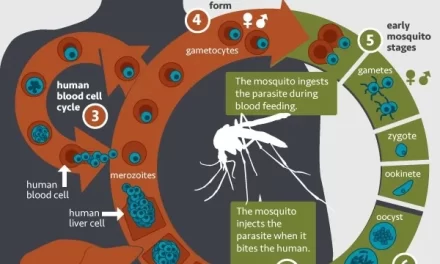University of California San Diego Scientists Uncover Insights into Enhancer Variants and Their Impact on Gene Expression
By [Your Name], February 7, 2024
Our genetic blueprint dictates the intricate processes of growth and development, orchestrated by millions of genomic switches known as enhancers. These enhancers regulate when and where genes are expressed, ensuring the precise production of proteins essential for proper development. However, understanding the role of enhancers and how they contribute to genetic disorders has been a longstanding challenge in genomics.
In a groundbreaking study published in the journal Nature, researchers from the Center for Translational Antiviral Research at the University of California San Diego, led by Assistant Professor Emma Farley, have unveiled a new understanding of enhancer variants and their profound impact on development.
“Enhancers play a crucial role in controlling gene expression, and disruptions in these regulatory elements can lead to developmental defects and diseases,” explains Dr. Farley, whose lab has made significant strides in deciphering the complexities of genomic regulation.
The study, co-authored by UC San Diego graduate students Fabian Lim and Joe Solvason, along with postdoctoral scholar Genevieve Ryan, sheds light on how single-letter changes to DNA sequences within enhancers can disrupt gene expression, resulting in developmental abnormalities such as extra digits and hearts.
Dr. Farley’s team demonstrated that strengthening the interaction between enhancers and transcription factors, proteins that regulate gene expression, can lead to inappropriate activation of genes, causing proteins to be produced at incorrect levels, times, or locations.
Their research, which spans across thousands of enhancers and various species, has profound implications for understanding human health and advancing precision medicine. By identifying specific enhancer variants associated with developmental defects, researchers can leverage genomic data to improve diagnostics, treatment, and disease prevention strategies.
In a complementary study published in Developmental Cell, the Farley lab explored the impact of enhancer variants on marine animals called sea squirts. They found that single-letter changes making heart enhancers stronger resulted in the development of a second beating heart—a remarkable demonstration of the evolutionary conservation of enhancer function across species.
The Farley lab’s findings underscore the importance of unraveling the complexities of enhancer biology to fully harness the potential of genomic data for human health. Their research paves the way for the development of targeted therapies tailored to an individual’s genetic makeup.
Dr. Farley, a recipient of prestigious awards including the New Innovator Award and National Science Foundation CAREER Award, emphasizes the significance of their discoveries in advancing scientific understanding and improving human health outcomes.
As genomic research continues to unravel the mysteries of human biology, studies like this provide invaluable insights into the intricate mechanisms governing development and disease.
This article is based on research conducted at the University of California San Diego and published in Nature and Developmental Cell.











